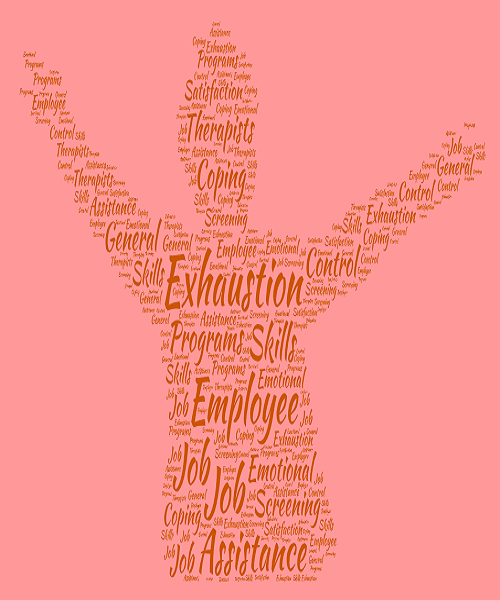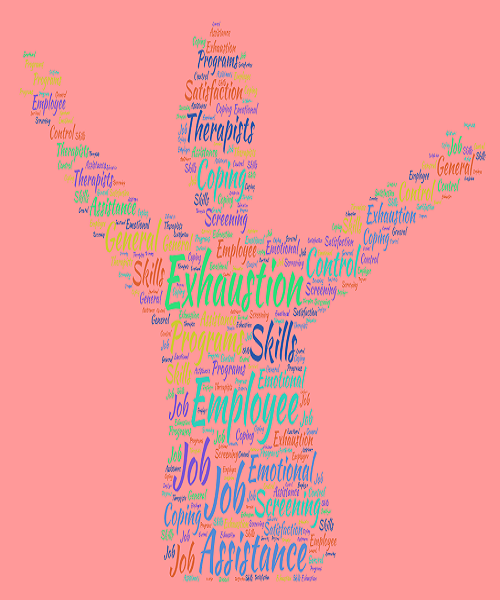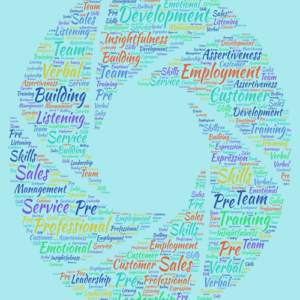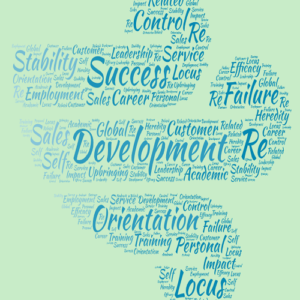Description
The idea of being an emotional eater can be a strange concept to some – so odd in fact that many don’t realize that they are emotional eaters. Many individuals find themselves eating when they are not hungry, when they are feeling down, or when they are simply bored. Chances are that if people were to keep a food diary for a week of what they ate, when they ate it, and what they were feeling before eating, many would be surprised at the degree to which their emotions have an impact on their eating habits.
Although there are a number of triggers that can lead to emotional eating, at the root of most cases is a desire to avoid or dull negative emotions, such as guilt, anxiety, or sadness. Unfortunately, while it may seem as though eating comfort food is the perfect source of relief, emotional eating is not only an unhealthy coping mechanism, but it can also lead to Binge Eating Disorder. In most cases, emotional eating becomes a vicious cycle. The emotional eater, as a result of negative feelings, over-indulges in food, leading to a sense of guilt and shame. This only further incites the desire to eat again, in order to dull the emotional pain.
As with any unhealthy habit, awareness is the first step to overcoming it. By pinpointing what triggers emotional eating, and learning better strategies to cope with stress and hardship, emotional eaters can avoid using food as a remedy for what bothers them. This assessment attempts to determine the underlying mechanisms that lead to a person’s emotional eating, and offers tips on how to gain control of this all-too-common problem.
Purpose: EMEBA is designed to assess a person’s tendency to eat for reasons other than hunger. It will evaluate the underlying reasons for over-eating.
Vitals
No. of questions: 149
Question type: Self-report
Estimated completion time: 25 minutes
Shorter versions of assessment: N/A
Recommended age level: 18+
Qualification Level: Class A
Compliance: APA standards
Validation Information:
● Sample Size: 5,743
● Cronbach’s Alpha: 0.96
Features
Benchmarks: Available (general population; overweight and
healthy weight population)
Group Comparisons: Available
Report Includes:
● Summary
● Introduction
● Graphs
● Detailed narrative interpretation
● Strengths vs. Areas of concern
● Advice
Factors and Scales:
Overall Score plus 23 scales, including:
● Emotional Eating Triggers: Circumstances/Emotions that could potentially result in
emotional eating.
● Health Locus of Control: Assesses whether a person believes his/her level of health is
under his/her personal control.
● Self-discipline: Refers to the training and control of oneself and one’s conduct.
● Reward Dependence: Assesses whether a person uses extrinsic, tangible rewards rather
than intrinsic rewards as a source of motivation.
● Sense of Self-efficacy: Assesses whether a person believes in himself/herself and his/her
abilities.
● Depression: Assesses whether a person exhibits symptoms of depression.
● Anxiety: Assesses whether a person exhibits symptoms of anxiety.
● Resilience: Ability to deal effectively with hardship and to strive forward in spite of difficulties.
● Anger Control: Ability to regulate and control anger.
● Tolerance for Frustration: Ability to endure frustrating circumstances and delay gratification.
● Coping Skills: Ability to effectively deal with stress.







Reviews
There are no reviews yet.